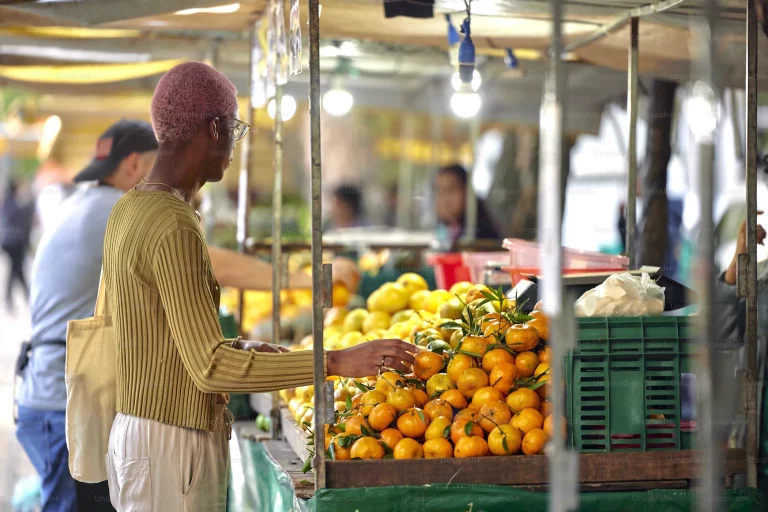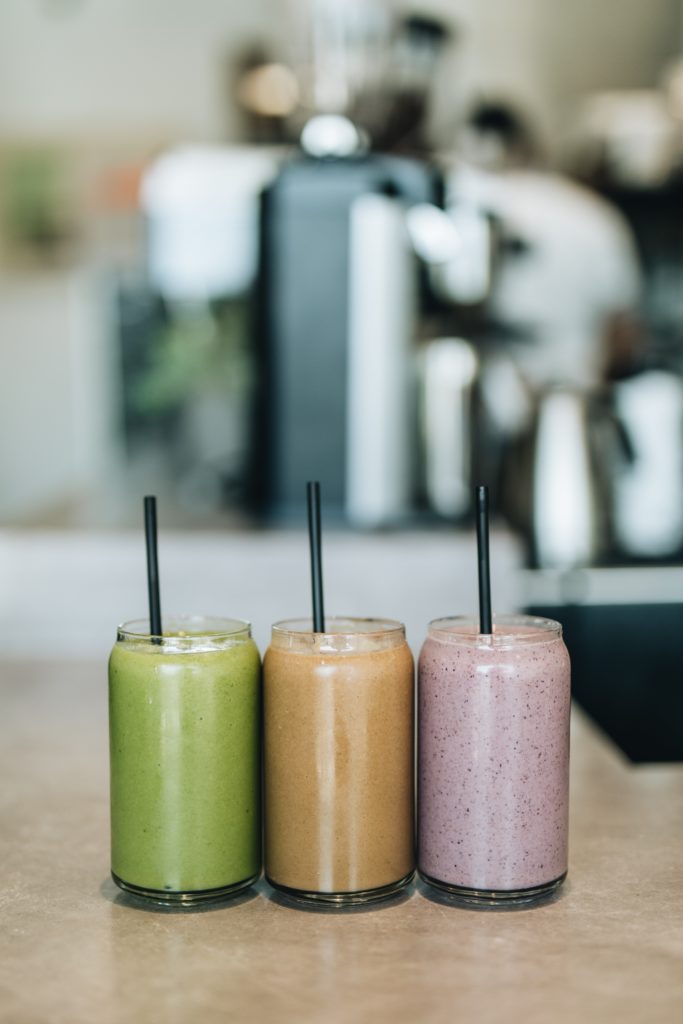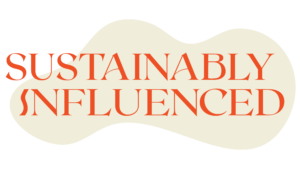From Farm to Fork: Understanding the Benefits of Organic and Local Food
Katie Lewis

Knowing where the food on our plate has come from, and how it reaches us, is important when we want to make more sustainable food choices. Farm to fork – or farm to table – refers to the traceability and provenance of our food, and has become a shorthand for ethically sourced, high quality produce.
Getting our ingredients and meals locally is not just better for the planet – it has advantages for us as consumers and our communities too. The same is true of organic food, if we can stretch to spending more on these items. Whether we shop local, organic, or both, there are lots of benefits to making conscious decisions about what we eat.
Great Taste
We all appreciate flavour – it’s what makes us love our favourite foods and really enjoy what we’re eating – and fruit and veg from your local market will taste better than those flown thousands of miles to reach you. The quality of fresh produce begins to deteriorate once picked – it loses nutrients and moisture – so the less time it takes to reach your plate, the better it tastes.
Farmers and producers at your local market or greengrocer are also less restricted by criteria that apply to supermarkets – such as appearance or shelf life – that could compromise flavour. Plus, food that travels long distances is often treated with chemicals to help it last the journey, which can also impact how it tastes.

Better Nutrition
The riper an item of fruit or veg, the more nutritious it is. Locally-sold produce can be left longer to ripen before it’s picked, as it’s not travelling very far, so will contain more goodness for your body. As mentioned above, foods also lose nutrients – such as antioxidants and vitamins – as they are transported or white they sit on store shelves.
Organic foods also have a higher nutritional value, due to the regulations involved in growing them. For example, organic crops of wheat have been found to have more antioxidants (source: the British Journal of Nutrition) due to restrictions on the use of pesticides, and organic meat and dairy products have higher levels of Omega 3s (source: Newcastle University), due to their grass-fed diet.
Seasonality
When you eat what’s grown locally, you’re enjoying produce that’s naturally growing at that time of year – whereas artificially creating the conditions to grow foods out of season has a corresponding energy footprint.
Nature is also very clever, and there’s a relationship to what’s in season and what our bodies need – for example berries and cucumbers, which are hydrating, are in season in the summer. Eating seasonally is also a great way to get creative with your cooking, to discover new ingredients and get inspiration for your meals.
In our global world, getting the majority of your food from local sources might seem a huge challenge, but there’s a city in Belgium that is doing just that: Liège is challenging itself to consume mostly local food in the space of just one generation.
Supporting Your Local Economy
When you shop locally, your money stays local too. Purchasing items from the growers and shops in your area, or eating at nearby farm-to-table restaurants, is a great way to invest in your local economy – not just with that particular vendor or business, but in their suppliers, employees and their families too.
For fresh fruit and veg in particular, local markets generally have the added benefit of being cost-effective, with bowls of items for just a few pounds – sometimes less if you time it right.

Fewer Food Miles
When foods travel a shorter distance, lower emissions are required to get them onto your plate – not only in terms of distance travelled, but in keeping the items fresh and storing them properly on their journey to you. Consider that items you buy from a market or a local butcher or fishmonger have much less packaging than those from the supermarket.
When you shop at supermarkets, remember you can check the packaging to see where foods have come from, which will help you make more sustainable choices even if price, convenience or necessity mean this is where you do most of your shopping.
A Flourishing Ecosystem
Organic produce means much better things are happening for our ecosystem. Fewer pesticides, and no oil-based pesticides, means soil is richer and healthier – not only does this produce better crops but it’s a better absorber of carbon too. Treating crops with fewer chemicals also means water is less polluted, and more wildlife and aquatic life can thrive.
For livestock, organic standards mean routine use of antibiotics is banned, which helps keep necessary treatments more effective. Welfare is also improved – adequate access to outside spaces and smaller herds mean fewer interventions are needed and the animals lead healthier lives.
Share This Story
Related Posts

Sustainable Graduation Gifts They’ll Love
When it comes to finding the perfect gift for these eco-minded grads, you don’t look too far; here’s a guide to gifts that will not only celebrate their hard-earned achievements but also resonate with their passion for sustainability.

New PEFC Survey Reveals Consumer Unawareness of Forest-Derived Fibres in Fashion, Highlighting Need for Sustainable Practices
Discover the latest PEFC survey revealing that nearly half of consumers are unaware that their clothing contains forest-derived fibres.

The White Company Is Now B Corp Certified! Here Are My Top Homeware Picks
The White Company have now been recognised for their efforts in limiting their social and environmental impact and have been given the ultimate sustainability stamp of approval – a B Corp Certification.

7 Highlights from Global Fashion Summit
This year’s Global Fashion Summit in Copenhagen emphasises the need for a just transition and the role of influencers.
